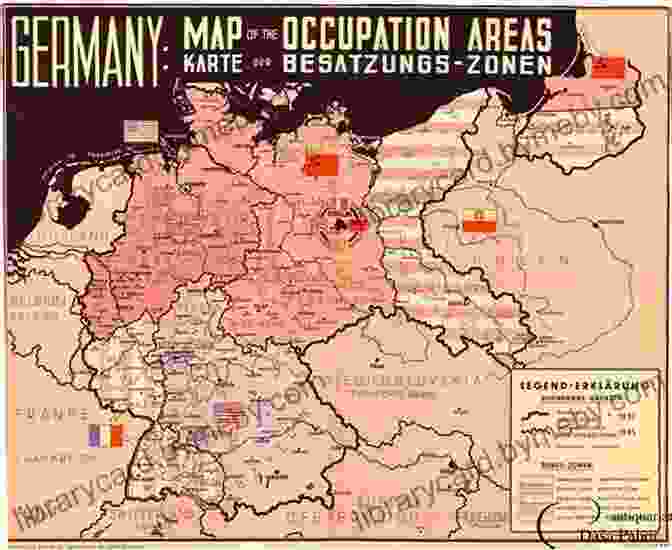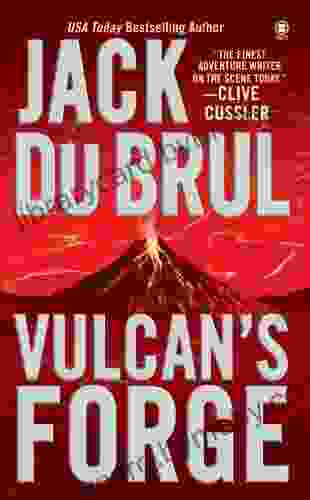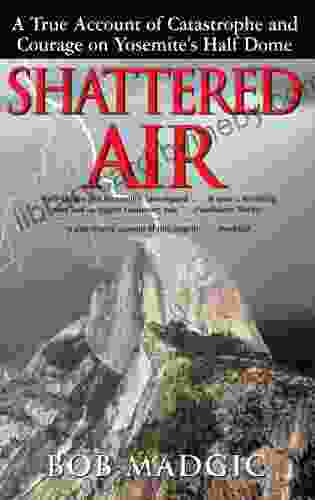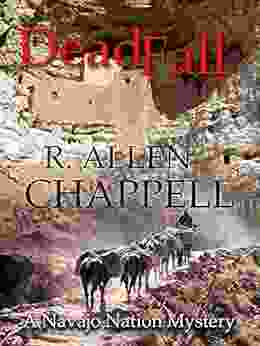Germany Under The Alied Occupation: An In-Depth Exploration of Post-War Germany


: Germany in the Aftermath of World War II
World War II ended in 1945 with the unconditional surrender of Nazi Germany. The aftermath of the war left Germany in a state of ruins. The country was occupied by the victorious Allied powers (the United States, the United Kingdom, France, and the Soviet Union) and divided into four zones.
4.8 out of 5
| Language | : | English |
| File size | : | 42251 KB |
| Text-to-Speech | : | Enabled |
| Screen Reader | : | Supported |
| Enhanced typesetting | : | Enabled |
| Word Wise | : | Enabled |
| Print length | : | 147 pages |
The Allied occupation of Germany was a complex and challenging period in the country's history. The Allies had to rebuild Germany's economy and infrastructure, while also dealing with the legacy of Nazism and the Cold War.
The Four Zones of Occupation
The Allied occupation of Germany was divided into four zones:
* The American zone: The American zone was the largest of the four zones, covering most of western Germany. The American zone was responsible for the reconstruction of Germany's economy and infrastructure. * The British zone: The British zone was located in northwestern Germany. The British zone was responsible for the demilitarization of Germany and the prosecution of Nazi war criminals. * The French zone: The French zone was located in southwestern Germany. The French zone was responsible for the establishment of a new German government. * The Soviet zone: The Soviet zone was located in eastern Germany. The Soviet zone was responsible for the implementation of a communist government in East Germany.
The Allied Control Council
The Allied Control Council was the governing body of occupied Germany. The Allied Control Council was composed of representatives from the four Allied powers. The Allied Control Council was responsible for the overall direction of the occupation of Germany.
The Allied Control Council was not always able to agree on policy. The Soviet Union often vetoed proposals from the other Allies. This led to a number of tensions between the Allies.
The Berlin Blockade
The Berlin Blockade was a crisis that occurred in 1948-1949. The Soviet Union blockaded all land and water routes to West Berlin in an attempt to force the Allies to withdraw from the city.
The Western Allies responded to the blockade by airlifting supplies into West Berlin. The Berlin Airlift was a success, and the Soviet Union eventually lifted the blockade.
The Berlin Blockade was a major turning point in the Cold War. It showed the United States and the Soviet Union that neither side was willing to back down in a major crisis.
The Bonn Republic and the GDR
In 1949, the Federal Republic of Germany (West Germany) was founded. The German Democratic Republic (East Germany) was also founded in 1949.
West Germany was a democratic country, while East Germany was a communist country. The two Germanys were separated by the Iron Curtain, which was a fortified bFree Download that divided Europe into two blocs.
The End of the Occupation
The Allied occupation of Germany ended in 1955. West Germany and East Germany became independent countries.
The end of the occupation was a major milestone in German history. It marked the beginning of a new era for Germany, an era that was shaped by the Cold War.
: Germany's Recovery and Reintegration
The Allied occupation of Germany was a complex and challenging period in the country's history. The Allies had to rebuild Germany's economy and infrastructure, while also dealing with the legacy of Nazism and the Cold War.
Despite the challenges, Germany eventually recovered from the war and became a prosperous and democratic country. Germany is now a leading member of the European Union and a major player in the world economy.
The Allied occupation of Germany is a reminder of the importance of cooperation and reconciliation in the aftermath of war. It is also a reminder of the resilience of the human spirit.
4.8 out of 5
| Language | : | English |
| File size | : | 42251 KB |
| Text-to-Speech | : | Enabled |
| Screen Reader | : | Supported |
| Enhanced typesetting | : | Enabled |
| Word Wise | : | Enabled |
| Print length | : | 147 pages |
Do you want to contribute by writing guest posts on this blog?
Please contact us and send us a resume of previous articles that you have written.
 Book
Book Novel
Novel Page
Page Chapter
Chapter Text
Text Story
Story Genre
Genre Reader
Reader Library
Library Paperback
Paperback E-book
E-book Magazine
Magazine Newspaper
Newspaper Paragraph
Paragraph Sentence
Sentence Bookmark
Bookmark Shelf
Shelf Glossary
Glossary Bibliography
Bibliography Foreword
Foreword Preface
Preface Synopsis
Synopsis Annotation
Annotation Footnote
Footnote Manuscript
Manuscript Scroll
Scroll Codex
Codex Tome
Tome Bestseller
Bestseller Classics
Classics Library card
Library card Narrative
Narrative Biography
Biography Autobiography
Autobiography Memoir
Memoir Reference
Reference Encyclopedia
Encyclopedia Bill Jones
Bill Jones Cynthia Lord
Cynthia Lord Jack W Lewis
Jack W Lewis Howard Marks
Howard Marks Beverley Bass
Beverley Bass Beverley Kerkes
Beverley Kerkes Chuy Renteria
Chuy Renteria M Zachary Sherman
M Zachary Sherman Ben Wilson
Ben Wilson Bethany Barton
Bethany Barton Youth Specialties
Youth Specialties Laura D Adams
Laura D Adams Erskine Clarke
Erskine Clarke Bill Drury
Bill Drury Ben Mantle
Ben Mantle Ronald C White
Ronald C White Bina Ramamurthy
Bina Ramamurthy Bernie Chowdhury
Bernie Chowdhury Joellen A Meglin
Joellen A Meglin Bob Herbert
Bob Herbert
Light bulbAdvertise smarter! Our strategic ad space ensures maximum exposure. Reserve your spot today!

 Theodore MitchellMaster the Art of Close-Quarters Combat: Dive Deep into "All In Fighting...
Theodore MitchellMaster the Art of Close-Quarters Combat: Dive Deep into "All In Fighting...
 Colton CarterThe True Story of Six College Friends Who Dealt Their Way to a Billion-Dollar...
Colton CarterThe True Story of Six College Friends Who Dealt Their Way to a Billion-Dollar... Felipe BlairFollow ·6.1k
Felipe BlairFollow ·6.1k Jorge Luis BorgesFollow ·19.8k
Jorge Luis BorgesFollow ·19.8k Matt ReedFollow ·6k
Matt ReedFollow ·6k Jeff FosterFollow ·14.3k
Jeff FosterFollow ·14.3k Harold PowellFollow ·17.1k
Harold PowellFollow ·17.1k Douglas AdamsFollow ·8.4k
Douglas AdamsFollow ·8.4k John GrishamFollow ·9k
John GrishamFollow ·9k Benjamin StoneFollow ·7.3k
Benjamin StoneFollow ·7.3k

 Ivan Cox
Ivan CoxSpeak With Ease: The Ultimate Guide to Public Speaking...
By Rupika Raj ...

 Jesus Mitchell
Jesus MitchellVulcan Forge: A Suspense Thriller that Will Keep You on...
Vulcan Forge is...

 Dashawn Hayes
Dashawn HayesThe Carteret Family Bob Martin: A Comprehensive Review
Bob Martin's...

 Owen Simmons
Owen SimmonsUnlock the World of Cultural Nuances with "The Global...
Embark on a Journey of...

 Ian McEwan
Ian McEwanConquer the Mountain: True Account of Catastrophe and...
In the heart of California's stunning...
4.8 out of 5
| Language | : | English |
| File size | : | 42251 KB |
| Text-to-Speech | : | Enabled |
| Screen Reader | : | Supported |
| Enhanced typesetting | : | Enabled |
| Word Wise | : | Enabled |
| Print length | : | 147 pages |










